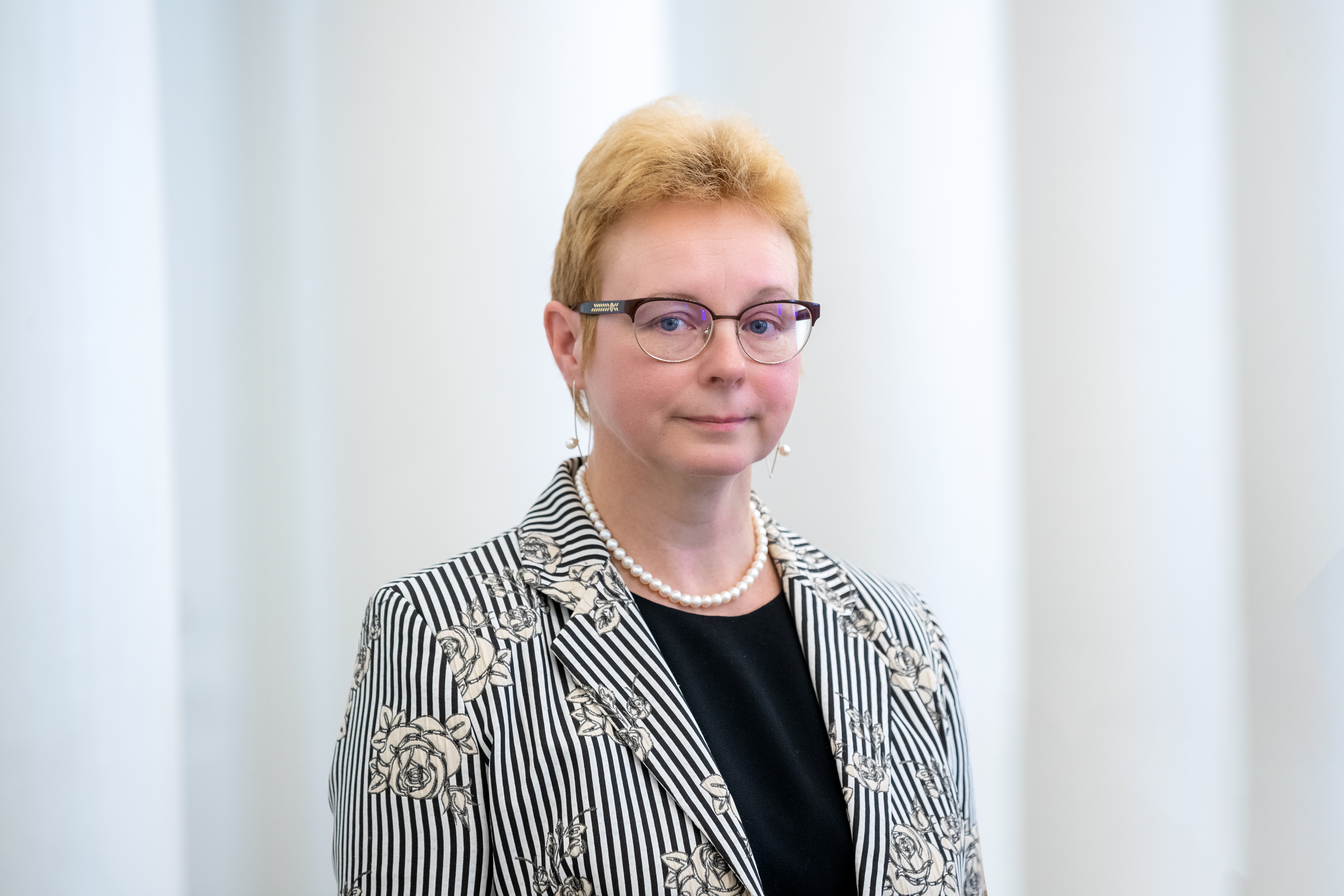
Resilience has become somewhat of a buzzword in a variety of contexts – from materials to minds. While personal resilience refers to the capacity to maintain or regain psychological wellbeing in the face of challenges, organisational resilience is about how organisations structure their activities to anticipate and circumvent threats and opportunities to their continued existence (see [1] for further reading).
Amidst the COVID-19 pandemic, which has brought schools and education into the spotlight, many have started to wonder: What does it take to ensure successful and resilient online-offline learning and teaching? CO:RE has published a short report “Changing Role of Digital Learning Environments during/after the COVID-19 Pandemic” that sums up key findings from relevant research, from which we can derive roughly seven take-home messages:
1. Digital learning is awesome!
Agency can be (re)discovered, and students can make use of flexible opportunities… if the structure is there to support it. Sufficient infrastructure and support can help to minimise or overcome risks and inequalities. However, when education becomes fully accessible only to those who can afford up-to-date tech and can rely upon significant others’ support, the Matthew effect (the rich get richer and the poor get poorer) will tear the educational digital divides significantly wider. Thus, it is crucial to solving problems related to the lack of hardware, broadband access and supporting (digital) infrastructure.
2. Willows will outsmart oaks.
Agile action has previously unimaginable dimensions. In spring 2020, teachers had to change everything almost overnight and initiate novel teaching and learning methods. Hence, proactivity, i.e., anticipatory, self-initiated and future-oriented flexible action and strategies, is a major characteristic of willow-type agility.
3. Cherish, support and value parents!
Parents and guardians are the safety net that always, but especially during times of distress, influence learning processes. To build resilience on that front, parents need to be thoroughly updated, to avoid mismatches between expectations and lived experiences.
4. Don’t assume digital skillfulness from kids.
Although youth in many European countries are claimed to be “born digital”, being present online is not enough. Digital skills and competencies need to be continuously developed and improved. A significant share of parents reported that the spring 2020 lockdown enabled their child to acquire new digital skills through engaging in remote schooling [2]. Such modus operandi promotes autonomy as digitally literate children can participate in schooling individually, and thus become more resilient.
5. Negotiate rules for hybrid or digital learning.
To be genuinely inclusive, schools need to engage in hybrid models, mixing digital and physical learning environments. Such flexible contexts are bound to be blurry and uncomfortable. Thus, the rules of social action should be negotiated along with the development of digital literacy and more practical skills.
6. Recontextualise screen-time.
Families and educators need to re-discuss strictly limited screen-time, as the meaning of that concept has changed, without reserve, in the pandemic. In 2020, the digitalisation of school and work had taken an enormous leap forward, and as some of these new practices are here to stay, we should not continue to measure them against old norms. Still, it must be noted that always-on and online-24/7 principles can, indeed, result in “technostress” [3] – a sensation of an information overload, a hectic work pace, having to multitask and get used to interruptions, along with a weakened sense of community and consequent decreased trust and motivation.
7. Actually, dig even deeper in these difficult topics: acknowledge and discuss the complexity of expectations to schools. Teachers often find themselves in an impossible situation. On the one hand, they try to follow the rapid changes to prepare students for future work and develop skills, attitudes and knowledge necessary for decades to come. On the other hand, teachers and schools are also pressured to mitigate the pace of these changes, to balance the uncertainties and offer refuge from the surge of acceleration of social time and crumbling social practices. Discussions also need to include the very core of education – do we want to return to normal or do we want to change the very meaning of “normal”?
Want to know more? Read the full short report.
Before you go, please, satisfy our curiosity: if your native language is not English, take a minute to check how “resilience” translates to your native language and leave the word(s) in the comments! FYI, in Estonian it is “säilenõtkus”.
Other reports from this series
- 4 Cs of online risk: Short report & blog on updating the typology of online risks to include content, contact, conduct, contract risks 4 Cs of online risk: Short report & blog on updating the typology of online risks to include content, contact, conduct, contract risks
- Bending willow or breaking mighty oak – what makes schools and education resilient? Bending willow or breaking mighty oak – what makes schools and education resilient?
- The datafied childhood of Jane: from prenatal to puberty The datafied childhood of Jane: from prenatal to puberty
-
Hillmann, J. (2020). Disciplines of organizational resilience: Contributions, critiques, and future research avenues. Review of Managerial Science. doi: 10.1007/s11846-020-00384-2
-
Vuorikari, R., Velicu, A., Chaudron, S., Cachia, R., & Di Gioia, R. (2020). How families handled emergency remote schooling during the Covid-19 lockdown in spring 2020 – Summary of key findings from families with children in 11 European countries. EUR 30425 EN. Luxembourg: Publications Office of the European Union. doi: 10.2760/31977
-
Tarafdar, M., Tu, Q., Ragu-Nathan, T. S., & Ragu-Nathan, B. S. (2011). Crossing to the dark side: Examining creators, outcomes, and inhibitors of technostress. Communications of the ACM, 54(9): 113–120. doi: 10.1145/1995376.1995403





